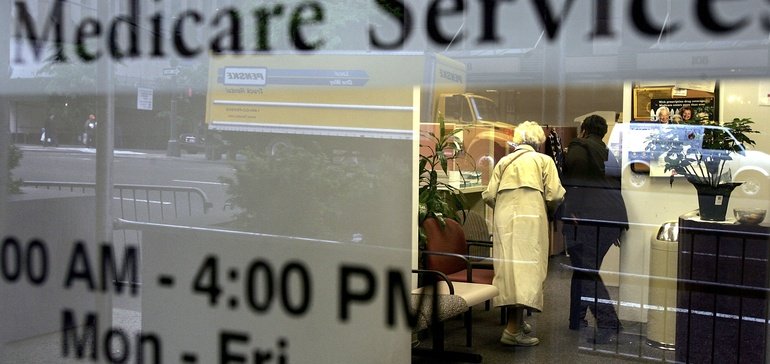
Dive Brief:
- The Medicare program overpaid providers more than $ 267 million due to inadequate oversight of patients discharged from an acute care hospital within three days of their admission, according to a new report by the HHS Office of the Inspector General.
- OIG inspectors combed over more than 89,000 claims filed in fiscal 2016 and 2017, involving nearly $ 950 million in payments related to healthcare services provided after a relatively rapid hospital discharge. Most of the incorrect payments were tied to a resumption of home health services within three days of discharge. Hospitals often failed to properly code the claim or added conditional codes incorrectly.
- The agency recommended that CMS direct its recovery audit contractors to recover overpayments from hospitals made within the past four years — the legal limit for conducting such audits — as well as make changes to payment rules around discharges.
Dive Insight:
Hospitals have received a lot of criticism over the years for discharging Medicare patients to skilled nursing facilities after a short inpatient stay — a practice that put the patient on the hook for paying their post-discharge care.
It also appears that hospitals haven’t been the best custodians of discharging patients back home, either. The HHS OIG reached that conclusion by identifying tens of thousands of claims involving home discharges of patients they suspected to be at risk of overpayments. It then closely exampled a subsample of 150 of those claims.
Among those OIG examined, only three were properly paid. The other 147 had some form of overpayment, which was attributed to not properly coding the discharge as one directly to home or adding a conditional code indicating that home health services were not provided within three days of discharge, or that the home health services that were provided were not related to the patient’s hospital stay.
As a result, the claims were paid in full, and not on a graduated per diem basis, which can lead to more than $ 4,000 in overpayments on a single claim. That led to those 147 claims being overpaid by $ 722,288, according to the OIG. Extrapolating that throughout the Medicare program means at least $ 267.1 million in overpayments were made in fiscal years 2016 and 2017, the report claims. Of those, about $ 218.8 million were due to the improper coding of a discharge directly to home, while an additional $ 48.2 million was linked to the improper use of conditional codes.
The OIG report was released just days after the U.S. Justice Department sued Cigna for overbilling Medicare on behalf of its enrollees.
Aside from recommending that CMS undertake appropriate audits and clawbacks, OIG also recommended that the agency consider how home healthcare services are coded moving forward, and use data analytics to find hospitals that may be consistently using conditional codes.
OIG also urged CMS to “consider reducing the need for clinical judgment when processing claims under the post-acute-care transfer policy by taking the necessary actions, including seeking legislative authority if necessary, to deem any home health service within three days of discharge to be ‘related’ (to the hospital stay).”
According to the OIG, CMS agreed with its recommendations except for changing the rule regarding how home healthcare services are to be billed by providers. CMS noted that federal law requires significant clinical leeway in determining how home healthcare services are prescribed and that linking all such services to recent hospital stays would be overly presumptuous.
